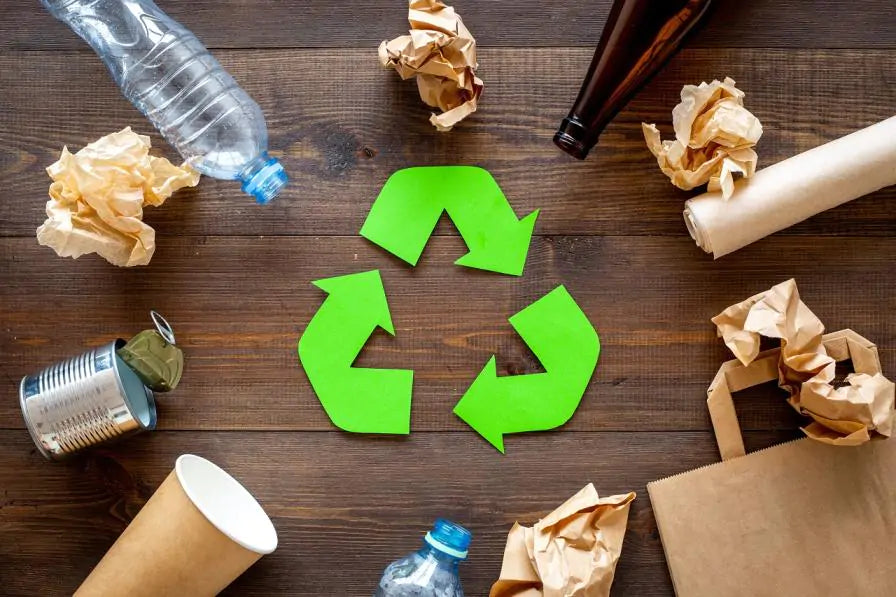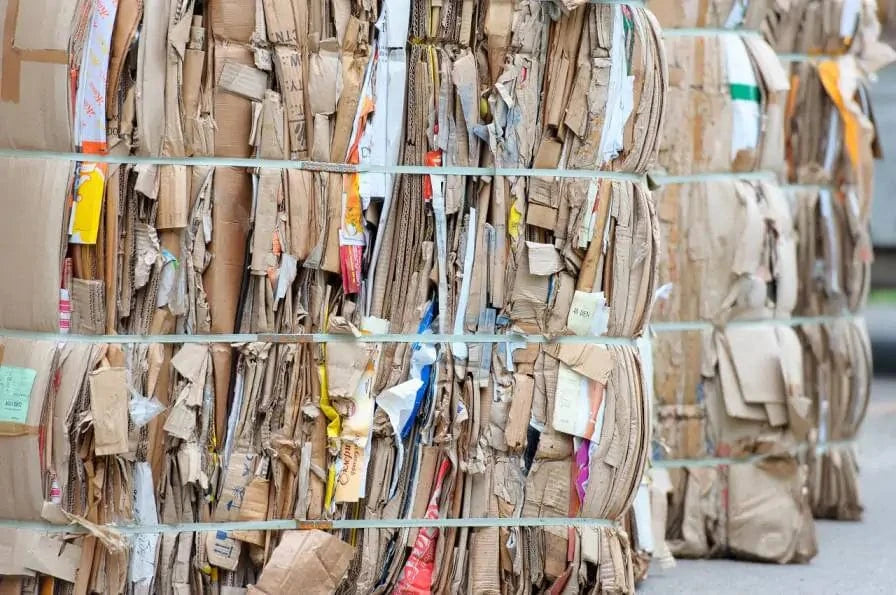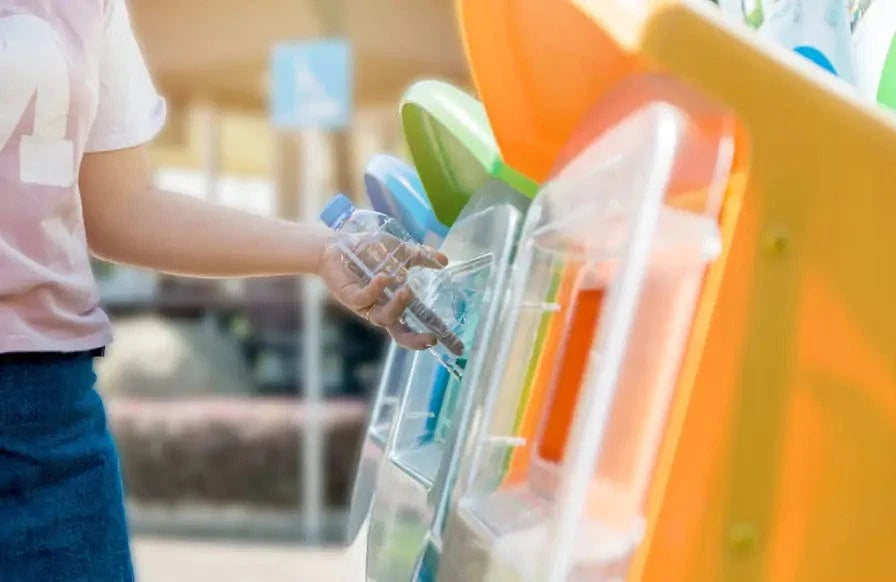Your basket is currently empty.
Shop NowDoes Recycling REALLY make a difference?

Does Recycling Really Make a Difference
Recycling is very important as it helps us in reducing landfills, conserving energy, raw materials and of course saving money. Items like paper, aluminium, food, glass can cause environmental problems if not recycled.
This thought must have occurred in your mind while looking at a blue bin marked with the recycle symbol ‘“does it really make a difference?” If you think that your rubbish is insignificant and it makes no difference whether you recycle it or not, then you could not be more wrong. Each and every bit matters, and it all adds up to a huge amount. Hence the next time you throw away your rubbish, be sure to put all the recyclable waste into the coloured recycle bin. Together all of us can strive for greener world.
The major benefit of recycling includes reducing energy required to produce new products. After the industrial revolution, millions more products are produced every day to meet the ever growing demands of the consumer. As such recycling greatly helps the manufacturers to salvage the working parts and to produce the same item without using as much energy. This also helps in saving raw materials and reducing the cost of production per item. In addition to decreasing costs and saving raw materials, recycling also helps in protecting the environment and conserving energy. Below are a few materials that should be recycled and why it’s important that we do recycle them.

Paper
If you recycle paper then you save more trees which were earlier being cut to produce more paper. Trees are very important in the ecosystem as they help in decreasing the greenhouse gas concentration in the atmosphere and thus fight off global warming.
Global warming is a very serious menace in which the temperature throughout the globe is increasing every year. Many species of animal are now facing extinction due to rising temperatures. A single piece of paper can be recycled up to five times which would save billions of trees from being cut.
Besides saving space in landfills, 17 trees, 380 and 7000 gallons of oil and water respectively can be saved by recycling a single ton of paper.
Aluminium
It only takes a mere five per cent of energy to produce aluminium from recycled material compared to raw material like bauxite or other aluminium ore. You can power a hundred watt bulb for three-four hours or run your TV for two-three hours by recycling just one aluminium can. If you recycle each and every can then you can imagine how much energy you can save by yourself. Aluminium dumped in landfills takes about two centuries to decompose.
Plastics
About ninety per cent water and seventy per cent energy is saved when plastic bags are made from recycled plastic instead of raw materials. Many items like traffic cones, dustbins, fibre fills can be produced easily from recycled plastic. You can support the recycling of plastic by purchasing products that are made using recycled plastic. More and more manufacturers are using at least some recycled material in their products which makes this easier than ever.

Glass
Glass can be recycled and reused infinitely. You can make new glass containers from the glass in your rubbish in less than thirty days. Around four-fifths of the glass containers that you see on the store’s shelves are made from recycled glass. You can save around nine gallons of oil and stop carbon dioxide weighing a sixth of a ton by recycling a single ton of glass.
Food
Food makes up around one fourth of the total municipal solid waste. Though this type of waste is generally biodegradable, it is unable to do so as it is trapped in the layer of plastic bags in which they were previously stored. A large space in landfills can be saved if these items are allowed to decompose naturally through composting.
Composting has a myriad of environmental benefits. Along with enriching and regenerating the quality of soil, it suppresses plant diseases, yields better crops, restores habitats and decreases the need for chemical fertilisers.
Batteries
Finally, batteries contain many toxic heavy metals like mercury and cadmium which when leaked can contaminate the environment. Cadmium is extremely harmful to marine animals and can enter into the food chain through them. To dispose of your battery read the manual or contact the manufacturer. We would always advise the use of rechargeable battery power when possible. Nearly all supermarkets have a battery recycling station which highlights how easy it is to recycle and also how important it is to keep this material out of general landfill.






